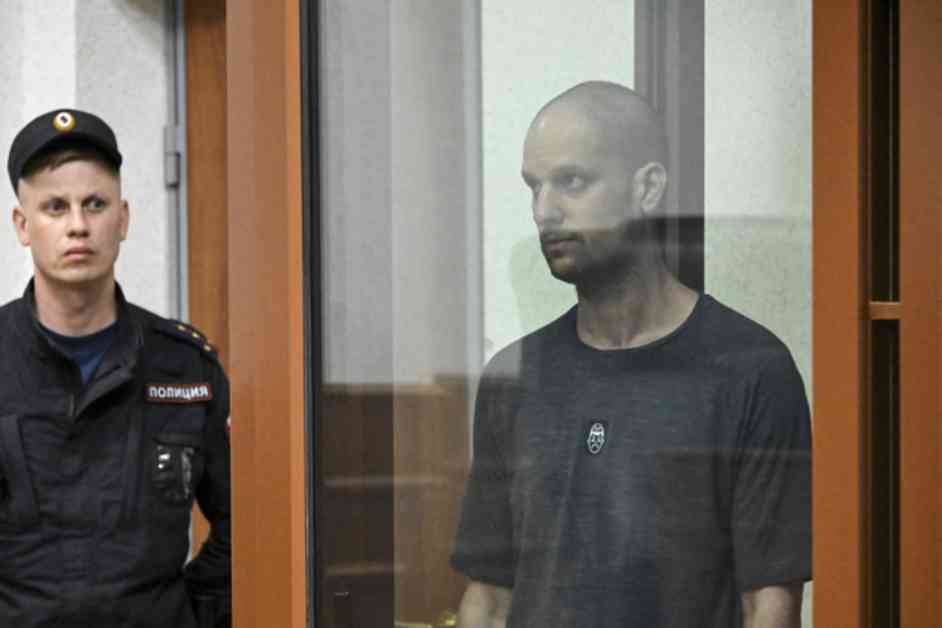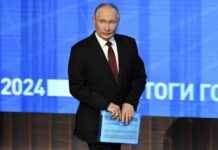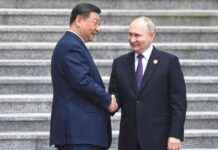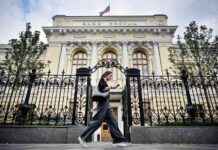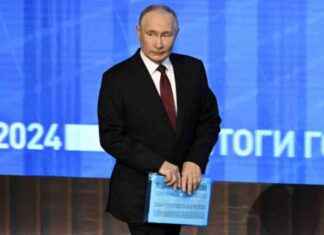The European Commission has announced a significant aid package of nearly €3 million to support independent journalists who have been displaced from Russia and Belarus and have taken refuge in the European Union. These funds are earmarked to assist journalists in continuing their reporting from EU countries without editorial interference, ensuring the free flow of information to their audiences. This initiative underscores the vital role that independent media and civil society play in providing accurate and unbiased news to Russian audiences, both inside and outside of Russia.
The harsh crackdown on journalists in Russia, particularly following Vladimir Putin’s invasion of Ukraine, has led to numerous detentions and imprisonments of journalists. In the face of these challenges, the European Commission’s support comes as a beacon of hope for those journalists who have been forced to leave their home countries in search of safety and freedom to report the truth.
Supporting Independent Journalism Across Europe
The aid provided by the European Commission will not only assist individual journalists but also help establish a pan-European platform or network of media centers to further promote independent journalism. This initiative aims to create a supportive environment for journalists to continue their work without fear of persecution or censorship. By fostering collaboration and solidarity among journalists across the EU, this program seeks to strengthen the voice of independent media in the face of increasing challenges.
The European Democracy Shield program, announced by European Commission President Ursula von der Leyen, is a key component of the EC’s efforts to counter foreign information manipulation and interference online. This comprehensive program focuses on enhancing media literacy, fact-checking, and enforcing the Digital Services Act to combat disinformation campaigns and protect the integrity of democratic processes. In light of Moscow’s interference in various EU member states’ elections and its persistent disinformation tactics, the EU is ramping up its efforts to safeguard the democratic values and resilience of European societies.
Challenges Faced by Journalists in Exile
The stories of journalists like Evan Gershkovich, Alsu Kurmasheva, Konstantin Gabov, and Sergey Karelin highlight the harsh reality faced by journalists who dare to report the truth in oppressive regimes. Gershkovich’s wrongful detention and subsequent conviction on espionage charges, as well as Kurmasheva’s sentencing for spreading false information, underscore the risks that journalists take in pursuit of journalistic integrity. The arrests of Gabov and Karelin on extremism charges further illustrate the challenges faced by those who speak out against authoritarian regimes.
The European Commission’s financial aid not only provides tangible support to these journalists but also sends a strong message of solidarity and commitment to upholding press freedom and independent journalism. By standing with journalists in exile and offering them a platform to continue their work, the EU is reaffirming its dedication to protecting the fundamental values of democracy and freedom of speech.
In conclusion, the European Commission’s generous aid package for displaced Russian and Belorussian journalists represents a crucial lifeline for those who have been silenced and persecuted in their home countries. By investing in independent media and supporting journalists in exile, the EU is taking a stand against censorship and repression, championing the right to freedom of expression and the power of truth in the face of adversity. As the global community rallies behind these courageous journalists, we are reminded of the enduring importance of a free and independent press in safeguarding democracy and human rights.
